Christopher Everett spent a weekend in the Arts & Cultural District as part of a special free screening of his critically acclaimed documentary Wilmington on Fire on April 15 at Neuse Regional Library. Everett is a native of Laurinburg and wrote about his time in Lenoir County and how Kinston could be a model for rural placemaking in places like his hometown.
By Christopher Everett
Coming to Kinston, North Carolina this past weekend was an eye-opening experience for me on so many levels. When you think of Rural America, you think of the countryside, farming, manufacturing and poverty. The one thing that never comes to mind when thinking about Rural America is cultural arts. Smart Kinston in Kinston, North Carolina is setting a great example and leading the way towards a new vision for rural towns in the form of creating cultural arts districts.
Being from a town that is smaller than Kinston, it’s very difficult being an artist and getting the support base from the community that you need to be a self-sustaining artist. I realized that in order to have that, you have to have a cultural change within the community and the town that you live in. In small towns of Rural America, we rarely have anything that promotes creativity, free-thinking and arts so many times artists like me from these small towns often leave to go to bigger cities or even leave the state. We decide to leave because bigger cities provide the nurturing environment for artists to thrive and survive financially.
I always wondered why my hometown of Laurinburg, North Carolina couldn’t provide the same opportunities for creative arts like Charlotte, Raleigh or Wilmington. All of these years I never thought something like that was possible and that I should move from Laurinburg until I came to Kinston. Programs and initiatives like Smart Kinston have shown me that it’s possible.
Seeing old and abandoned buildings in Kinston being revitalized and turned into stylish apartments, breweries, restaurants, art galleries, coffee shops and retail stores has inspired me to not leave Laurinburg for a bigger city but to help create a cultural arts environment and movement in the town where I was born and raised. Plus, getting other like-minded creative artists and individuals to move to Laurinburg is a positive thing.
After this trip, I think every Mayor, City Manager and City Council Member in all of the small rural towns in North Carolina should take a trip to Kinston to see how we need to reshape these areas in our state.

